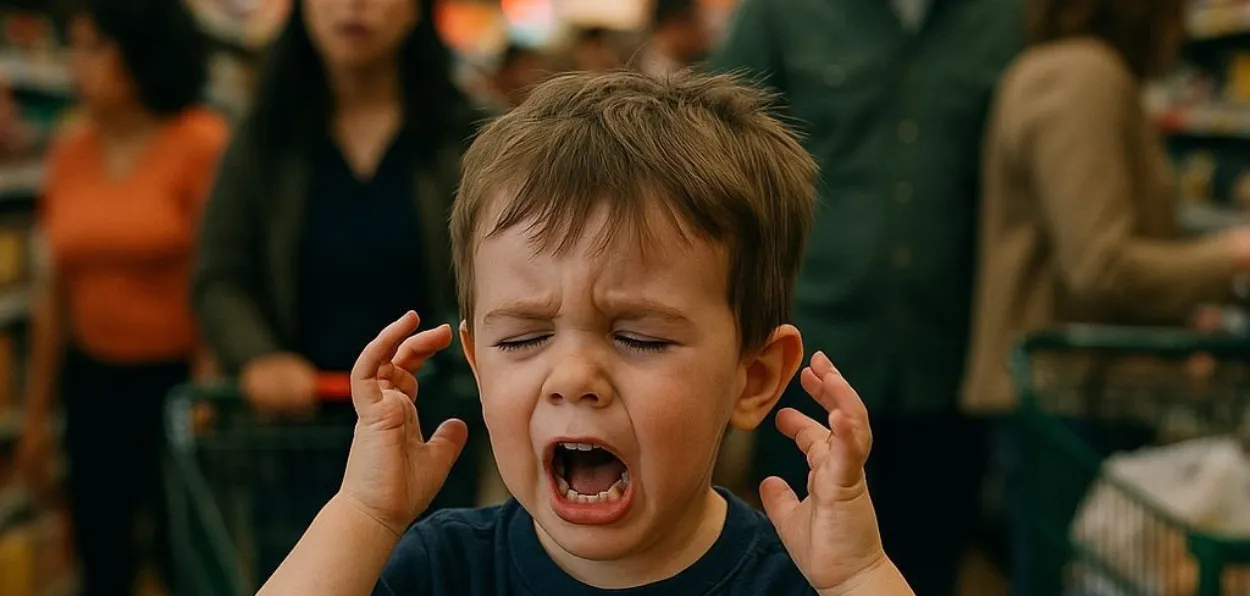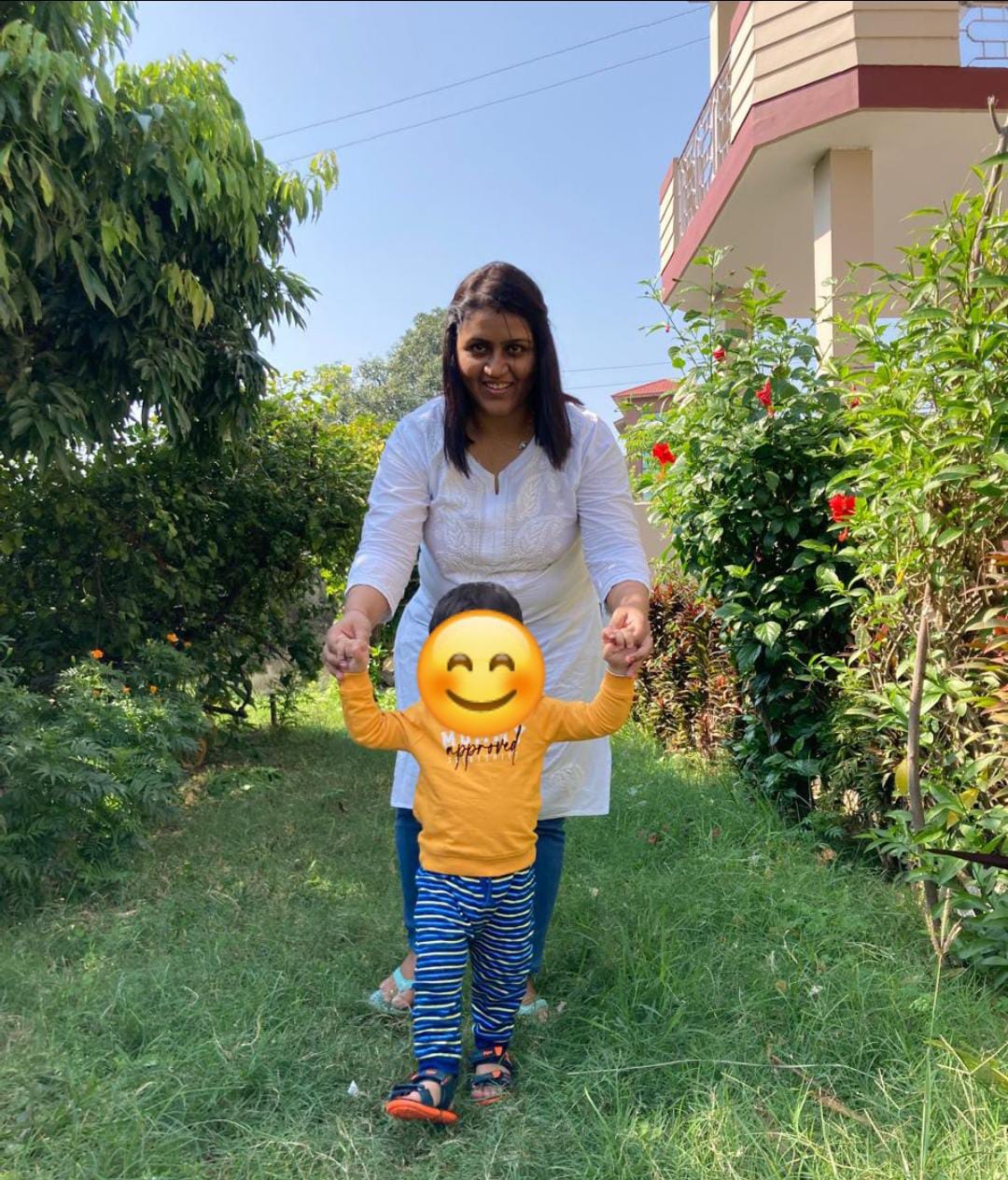
Dear Diary,
If there’s one thing these four years with Taksh have taught me, it’s that raising an autistic child isn’t just about understanding him—it’s about facing the world. It's about the looks, the assumptions, the advice I never asked for, and the heavy silences that say more than words ever could.
Mom’s Diary- Part II
I still remember the first time Taksh had a meltdown in public. We were at the supermarket. The lights were harsh, the crowd was loud, and someone’s phone ringtone seemed to push him over the edge. He suddenly started crying, screaming, and kicking. I knelt beside him and did everything I had learned—deep pressure, calm voice, patience. Around us, eyes followed.
I heard whispers. One woman muttered something about discipline. Another woman looked at us saying ‘inke bachche ko koi problem hai’ and walked away like we were something to be avoided. That day, I cried the whole way back home. Not because of Taksh’s meltdown—but because of people's reaction. Because they didn’t see a child in distress—they saw bad behavior. They didn’t see me trying—they saw me failing.
Since then, I’ve toughened up. But if I’m honest, the sting of being misunderstood never really fades. Why is it so hard for people to see beyond what’s on the surface? Why do we expect all children to fit the same mold, when none of them were ever made from the same clay?
What I wish people could understand is that autism isn’t something to be ashamed of, It’s not even a tragedy. It’s just a different way of seeing and feeling the world. Taksh may not look you in the eye, but he notices you, in his own quiet, beautiful way. He doesn’t speak yet, but he tells me everything—with his eyes, his hands, the way he dances through our routines.
 Sapna playing with her son Taksh
Sapna playing with her son Taksh
He notices things most of us don’t—the way shadows stretch across the wall, the exact rhythm of the fan, how one leaf turns before the rest. He loves with his whole heart, he feels things deeply, and he trusts like the world hasn’t taught him to fear yet. Isn’t that something to be cherished?
I don’t want pity. I want to understand. I don’t need people to “deal with” my son—I want them to see him, really see him, and let him in. If I could speak to every teacher, every cashier, and every parent at the park, I’d just say:
He is normal in his way, ‘Sabka apna-apna normal hai’.
Please, don’t judge the child's meltdown. It’s not bad parenting. It’s a child trying his best in a world that’s too loud, too fast, too much.
Be Compassionate. Even if he doesn’t respond the way you’re used to, your kindness leaves a mark.
Be patient. The eye contact, the words, the connections—they might come differently. But when they do, they’re nothing short of magic.
And teach your kids. Let them ask questions. Let them play with Taksh. Let them grow up knowing that different isn’t wrong—it’s just different.
One of my most heartwarming moments was when a neighbor’s little boy asked his mom, “Why doesn’t Taksh talk?” She didn’t shush him. She just said, “He talks in his way. You just have to learn how to listen.” No awkwardness. No fear but just quiet acceptance.
That’s the world I hope for—not a perfect one, but a kind one; A world where Taksh can go to school without being boxed in; Where he can grow up just being himself, without feeling like he has to justify who he is; A world where autism isn’t something to be hidden or ‘fixed’, but simply understood and embraced.
As his mom, I don’t want to hide him from the world. I want him to live in it, explore it, connect with it. But that only works if the world is willing to meet him halfway.
ALSO READ: A Journey with Taksh: The moment I knew
So, if you ever see a child like mine—who might not wave back, or who flaps his hands when he's happy, or who melts down when the world gets too loud—don’t look away. Don’t whisper. Just smile. Be curious, not critical. Ask, don’t assume. Because behind that moment is a whole story waiting to be heard.
And behind that child, more often than not, is a mother like me—doing her best, holding it all together, and hoping—always hoping—that one day, the world will see her child for all that he truly is.
Till next time,
A Mom Who Still Believes in Kindness
